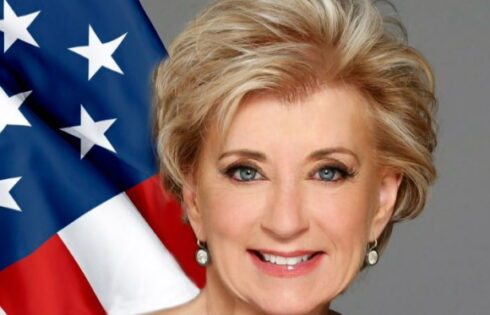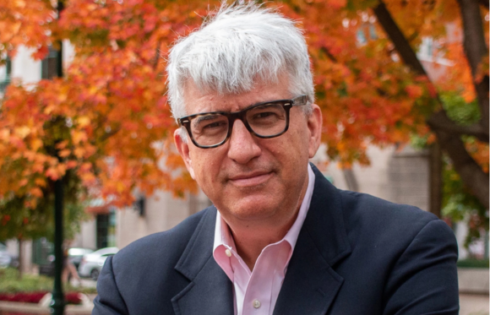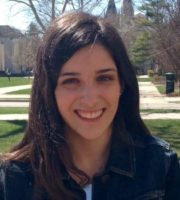
The Geisel Library at the University of California at San Diego recently rejected a proposal to sell emergency contraceptive pills in the university library’s vending machine.
The proposal, led by three members of the Associated Students of the university, planned to add a generic brand of Plan B pills to the “AS Essentials” vending machine. Currently, the vending machine sells school supplies such as pencils, erasers and notebooks.
Plan B, or “morning after” pill, is a contraceptive drug administered within three to five days after unprotected sex to prevent pregnancy. According to research, Plan B pills can act as an abortifacient.
Attempting to follow in the footsteps of UC Davis, which last April installed a “Wellness to Go” vending machine that includes Plan B, Associated Students members at UCSD argued for making the pill more accessible and affordable for its students.
While Plan B tends to cost $30 or more in the San Diego area, it would have reportedly cost $20 in the vending machine. Students would only be able to purchase it using TritonCash, the university’s prepaid spending account connected to student ID cards.
The Associated Students members pushing the plan said they also saw the proposal as a chance to “decrease stigma around contraceptives and start more of a dialogue on safe sex,” the A.S. Women’s Commission Chair Brittany Van Ryder told The Guardian.
The proposal met with several enthusiastic responses on campus, but others expressed mixed feelings.
Senior Ellysa Lim told The College Fix that the pills’ intended location gave her pause.
“I think it’s super awesome that UCSD is giving students wider, easier access to Plan B pills and destigmatizing birth control,” she said, “but I don’t think a vending machine is the way to go about it … It shouldn’t be out in public where people might feel uncomfortable buying the pills.”
Senior Nicole Berari agreed, telling The College Fix “It would honestly be better … situated in the Women’s Center or [Student Health Services] clinic.” Berari also questioned whether the initiative would actually lower the apparent stigma.
“I think it would actually deter people from getting [the pills] because literally everyone … would see you, and that’s embarrassing, [and] plus it’s safer to have someone to ask questions to just in case.”
The Geisel Library, however, had different reasons for rejecting the AS proposal.
According to Christine Clark, communications manager of Student Affairs at UCSD, the proposal contradicted the vending machine’s original purpose.
“The goal when the UC San Diego Library approved the placement of the Associated Students Essentials vending machine in the Library was to support Associated Students in their efforts to offer students convenient access to standard academic supplies needed in their day-to-day work—particularly work being done in Geisel—at an economical price,” Clark said in an email to The College Fix.
For this reason, added Clark, “The Library has suggested that Associated Students identify another location on campus for this initiative.”
According to the document that approved AS Essentials in 2013, the vending machine was to offer “standard supplies (office/school/writing supplies, technology, limited health-related items, etc.) of interest to UC San Diego students.” Any “health-related items,” the document continues, require special approval from the library.
In the library’s response to the AS proposal, Associate University Librarian of Academic Services Catherine Friedman did not oppose the idea of ready access to Plan B via vending machines. Instead, she suggested moving the vending machine to the university student center. But at this point, there has been no reported discussion about placing the vending machine at Student Health Services or the Women’s Center.
MORE: UCSB sells emergency contraceptive Plan B from vending machine
IMAGE: Shutterstock





Please join the conversation about our stories on Facebook, Twitter, Instagram, Reddit, MeWe, Rumble, Gab, Minds and Gettr.